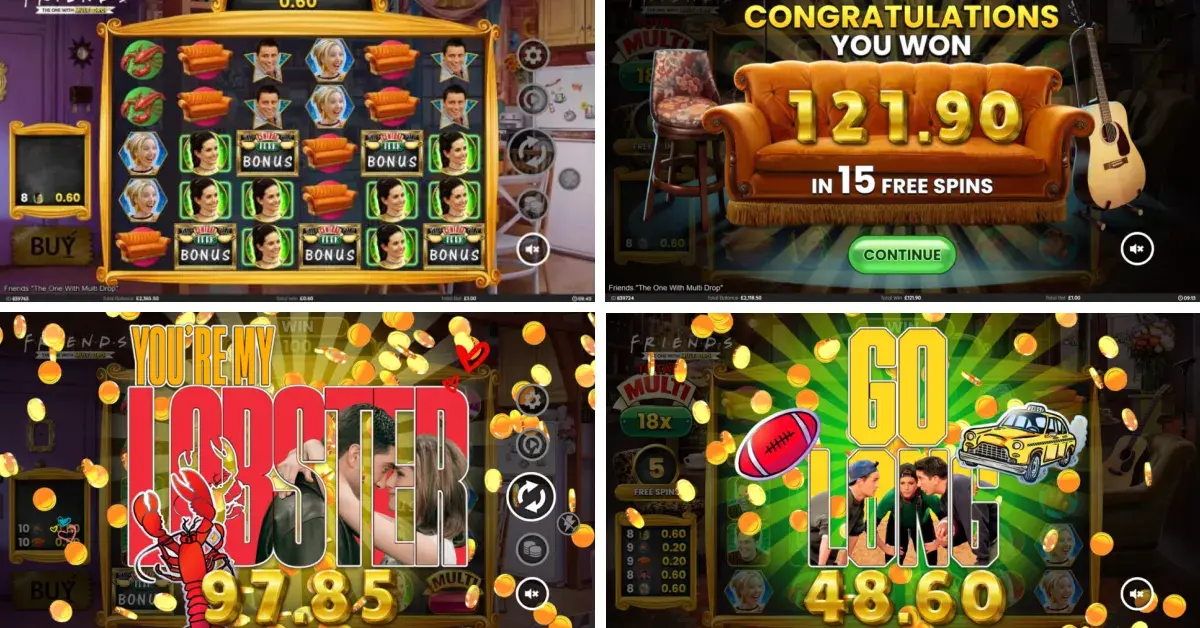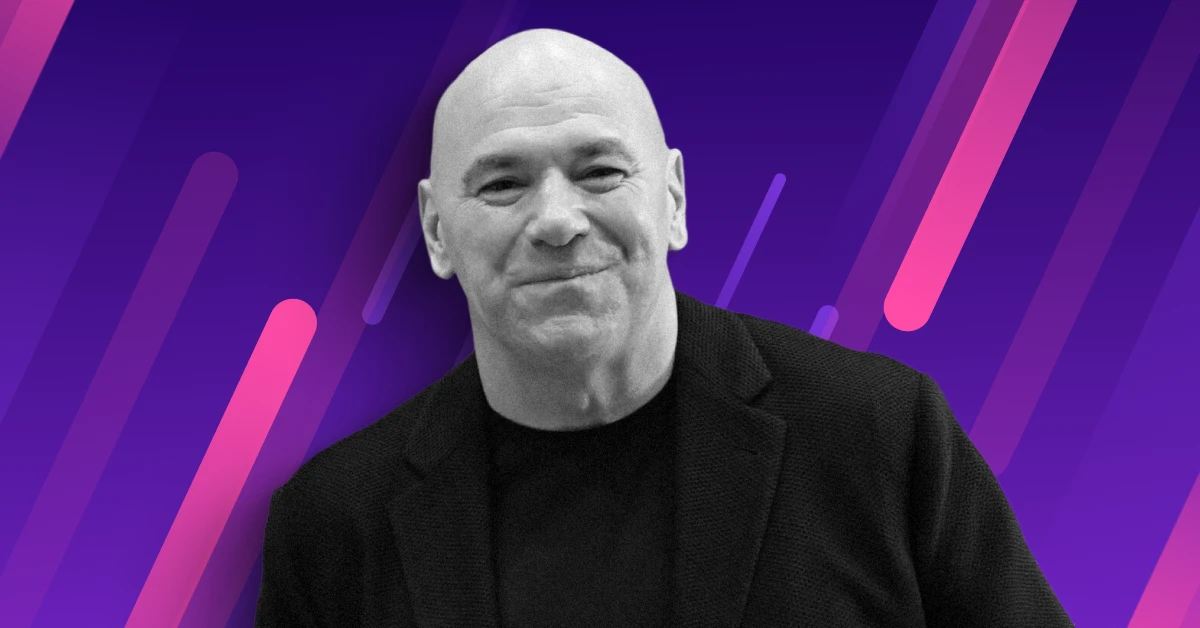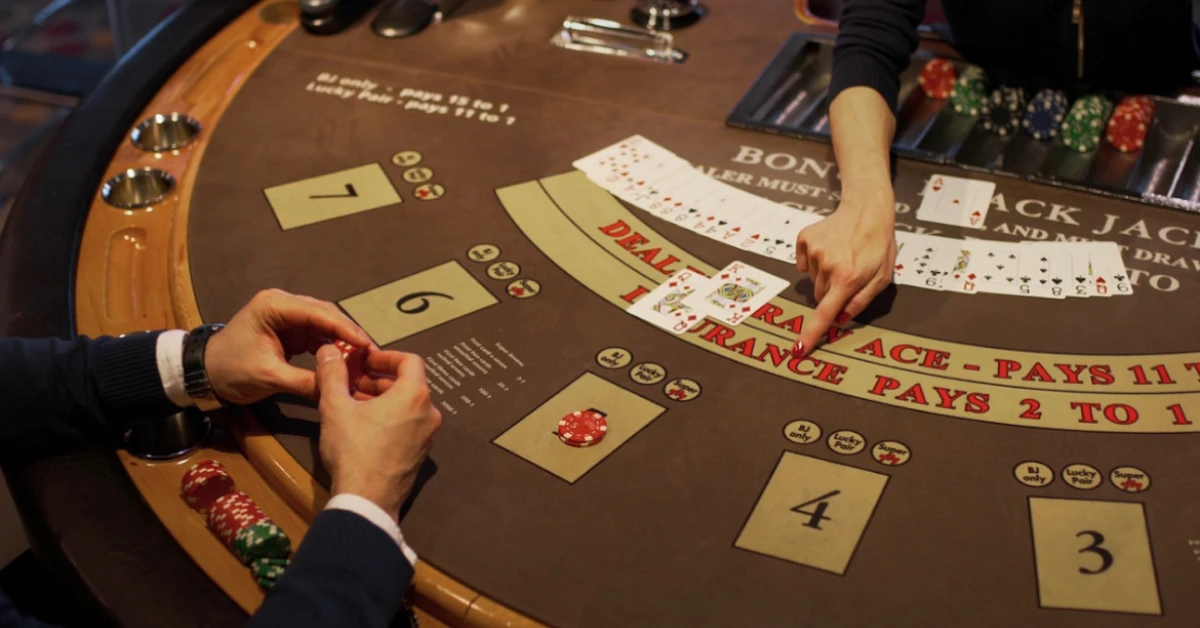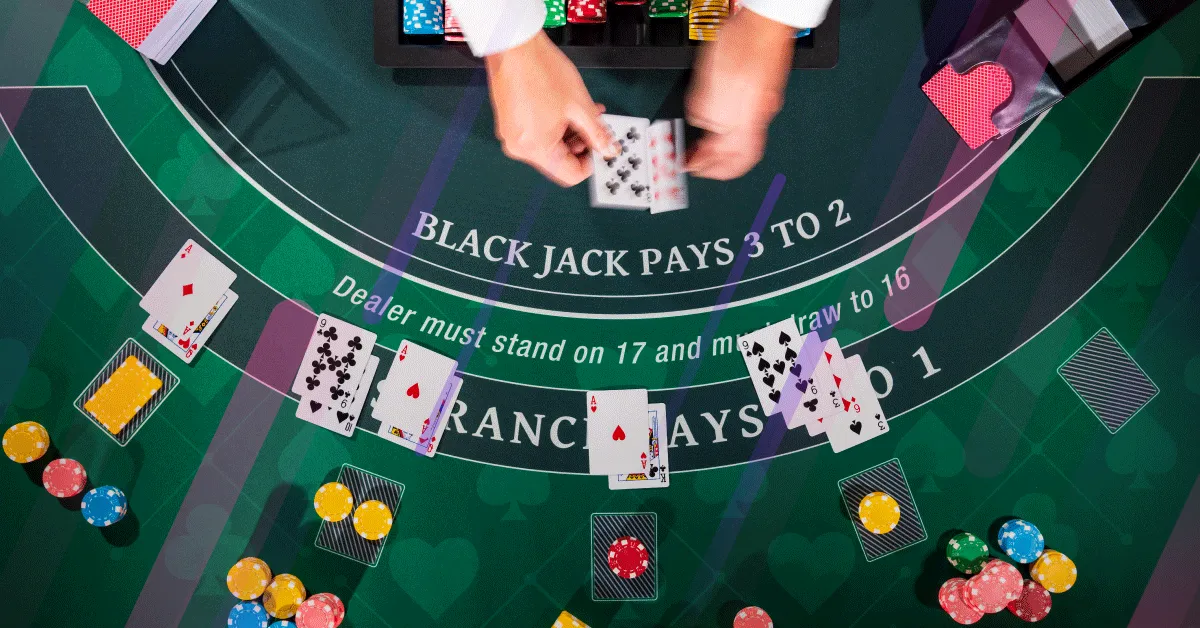The History of Lotteries in the US - and Why They Have Made Their Mark in Pop Culture
_1200x273.webp)
_1200x273.webp)
1.0
Default
There’s no doubt about it: lotteries have a rich and storied history in the United States, dating back to the colonial era. And through the centuries, they have continuously evolved from a creative means of public funding to a noteworthy cultural phenomenon. Today, lotteries are deeply ingrained in American pop culture, influencing everything from our well-loved, favorite movies to the current music we listen to. Have you ever wondered about the history - and impact - of lotteries on our culture and way of life? We will delve deeper and explore the history of lotteries in the US - and examine how they have made a lasting impact on popular culture as we know it.
The history of the lottery in the US can be traced back to early colonial times. Not many of you may know this, but in the 17th to 18th centuries, holding some form of lottery was a popular way for the colonies to raise funds for different public projects. For example, The Virginia Company of London held the first official lottery in 1612 in order to raise money for the establishment of the Jamestown settlement. Other colonies quickly followed, making use of lotteries to fund roads, churches, libraries, and colleges. It’s also worth noting that prestigious educational institutions such as Yale, Harvard, and Princeton were partially funded by lotteries!
During the Revolutionary War, lotteries became even more significant as a means of generating funds. At the time, the Continental Congress authorized lotteries to finance the war effort, helping sustain America’s fight for independence. But even after the war had ended, lotteries continued to be a popular method of funding public works. However, by the early 19th century, there were a series of scandals and corruption associated with lotteries, and this led to a decline in their popularity and their eventual prohibition in many states.
But the withdrawal of lotteries in the US was not meant to last. Needless to say, lotteries made a significant comeback in the 20th century, starting with the establishment of the New Hampshire Lottery in 1964. This actually marked the beginning of the modern era of state-run lotteries. The New Hampshire Lottery’s instant success inspired other states to adopt their own lotteries as a means of generating the funds they need without raising taxes. Today, a total of 45 states, along with Puerto Rico, the US Virgin Islands, and the District of Columbia, all operate and run their own lotteries.
Lotteries have decidedly left a lasting impression on American pop culture, particularly in movies and television. In the early 1990s, movies like "It Could Happen to You" and "Lucky Numbers" revolved around lottery wins, exploring the universal themes of luck, greed, and the power of sudden wealth. In addition, TV shows such as "Lost" have incorporated lottery elements into their storylines, adding a layer of intrigue and suspense. It’s true that the portrayal of lotteries in media often reflects our fascination with the idea of a life-changing bonus extravaganza - and the potential pitfalls that often come with it.

Literature has also embraced the theme of lotteries, usually using them as a symbol for chance and fate. Whoever has read Shirley Jackson's short story "The Lottery" will agree - it is one of the most famous examples of this theme, presenting a chilling evaluation of conformity and tradition through a small-town lottery. The story's shocking twist and the development of human nature in it have made it a staple in American literature, where students have frequently studied and analyzed it for its deeper meanings.
Lotteries have even found their way into the world of music. And why not? Songs like "Lotto" by Joyner Lucas and "Lottery" by K Camp recount the thrill of winning big and the dreams of financial freedom. These songs often highlight the ambitious aspect of playing the lottery, capturing the hope and excitement that many people feel whenever they purchase a ticket and the anticipation that accompanies the big draw.

While lotteries are often celebrated in pop culture, there’s no denying the fact that they also have a significant impact on society. For one, the revenue generated by lotteries is often used to fund infrastructure, public education, and other vital services provided by the federal government. However, critics also say that lotteries negatively affect low-income individuals who may spend a larger portion of their meagre income on tickets in the hopes of winning big – and this has led to ongoing debates about the ethical implications of state-sponsored gambling.
The history of lotteries in the US is undoubtedly a testament to their enduring appeal and cultural significance. From the early days of their inception as a means of funding public projects to their current status as a major form of entertainment, lotteries have left an indelible mark on American society. Their presence in film, literature, and music reflects our fascination with the concept of luck - and the seemingly impossible (but not improbable) dream of instant wealth.
Are you dreaming of winning big in the lottery? Find out the best state-run and national lotteries at GambleSpot today.

August 6th, 2025
Why the Friends Slot Game Is a Must-Play for Every Fan
July 30th, 2025
13 Celebrities Who Love Playing and Winning at Blackjack
July 18th, 2025
Dana White's Net Worth: From UFC Titan to High-Stakes Gambler
July 10th, 2025
Bridge Bidding Guide: Systems, Conventions & Strategy
July 7th, 2025
Famous Celebrities and Legends Who Loved Playing Craps
June 27th, 2025
Best Online Slot Tournaments to Play Right Now
June 26th, 2025
Master European Blackjack: Rules, Strategy Charts & Winning Tips
June 19th, 2025
Blackjack Deviations – Advanced Plays for Bigger Profits
June 16th, 2025
How to Win at Bingo: Tips That Actually Work
June 9th, 2025
Top 10 Flea Markets in Connecticut You Should VisitAre you sure?
This will delete all chat history, and I will not remember what we were talking about.
✔
Todays Hot Deals